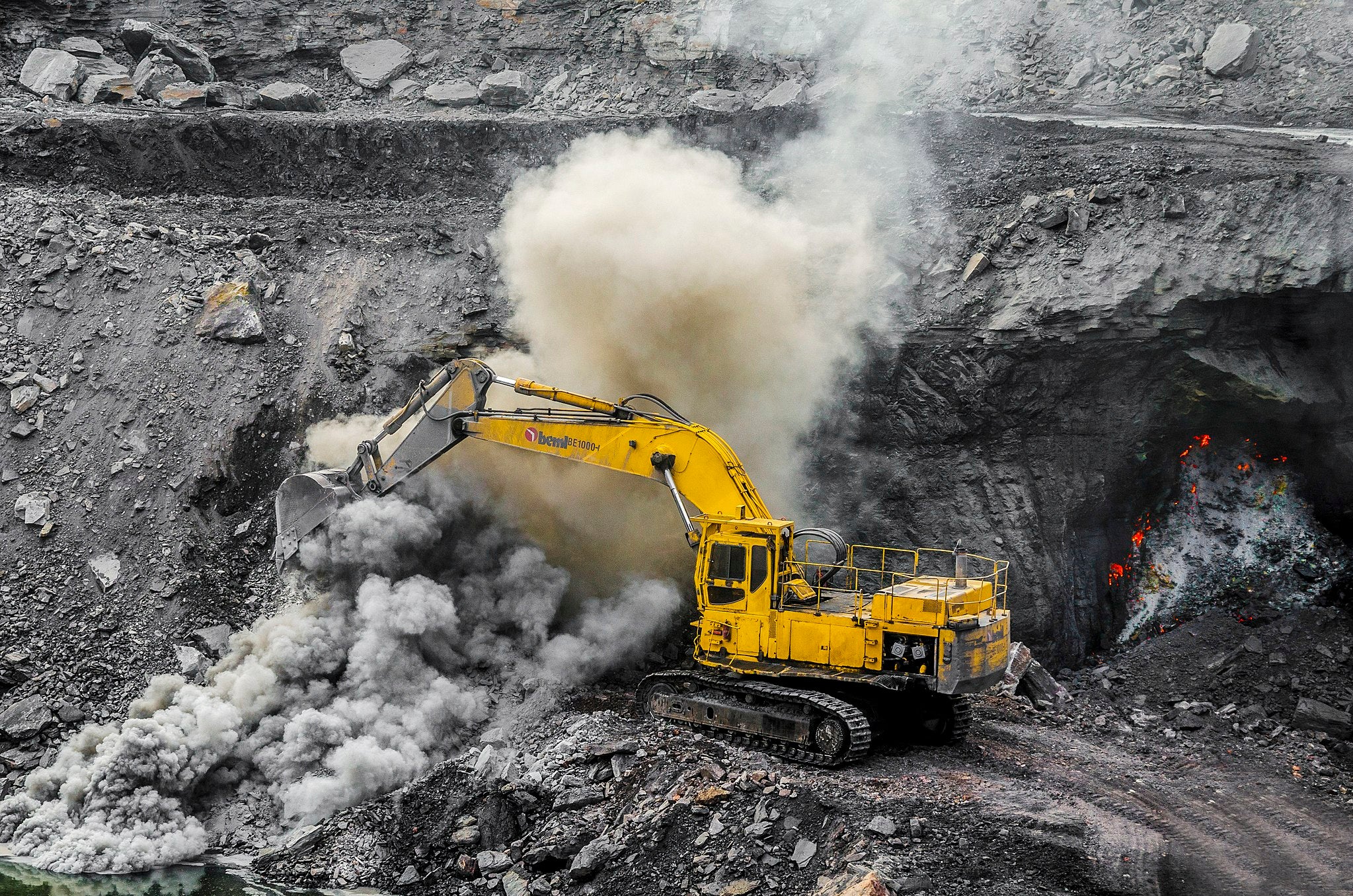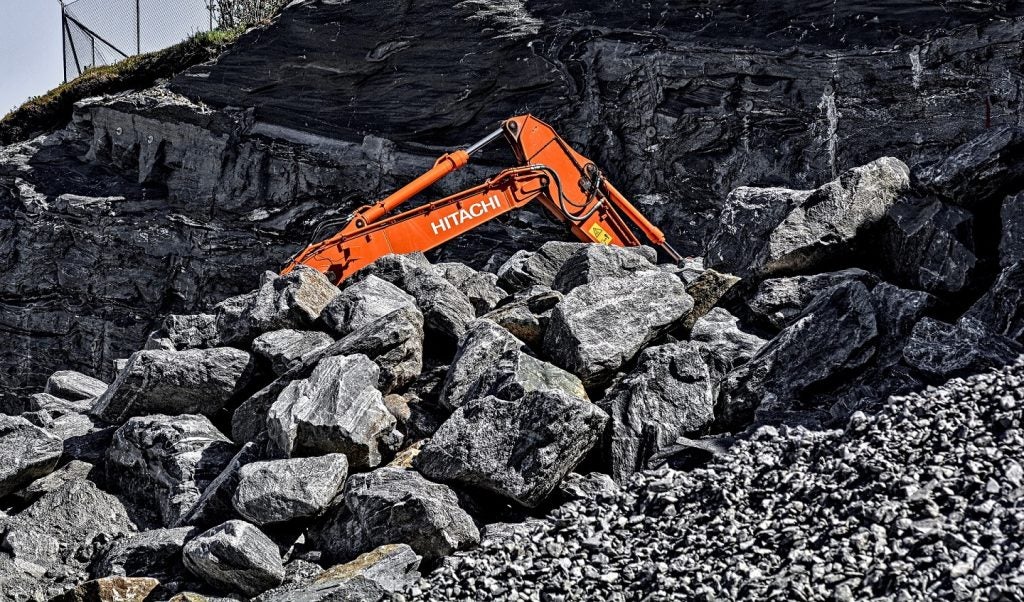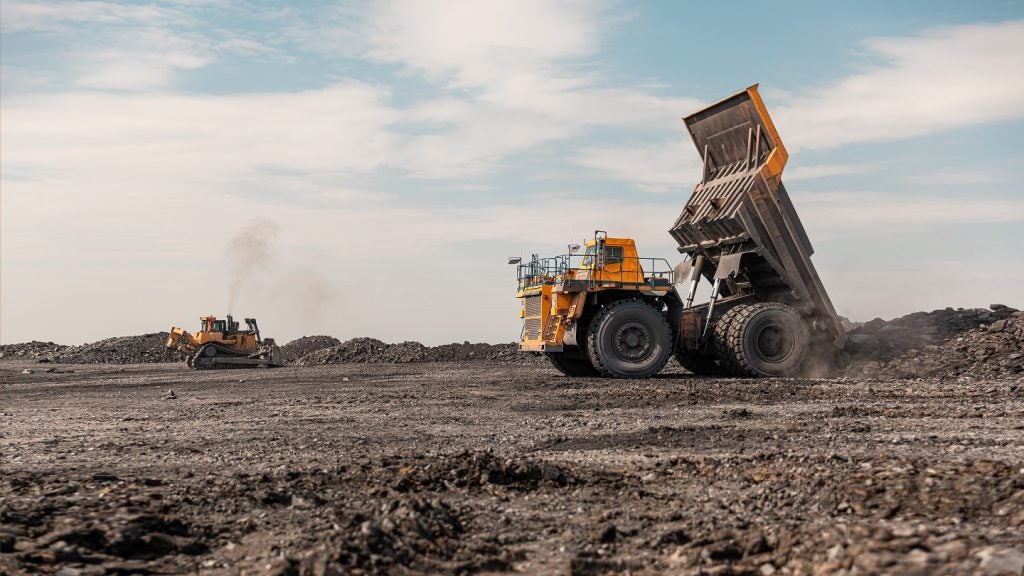
In a letter, signed on behalf of the secretary of state for housing, communities, and local government, minister Robert Jenrick, the government states its decision to “call in” the application for the mine, which has been spurred by a recent report by the UK’s independent climate advisers. This decision has now led to plans for an upcoming public inquiry into the creation of the privately-owned mine by West Cumbria Mining.
“The Secretary of State has decided to call this application in because of the further developments since his original decision,” the letter cited by The Independent said. “The Climate Change Committee’s recommendations for the 6th Carbon Budget have been published since he was advised on this decision.”
Jenrick could have overridden the local council in a few past instances, but the matter has been dismissed under the notion that it is a local issue for the Cumbrian authorities to handle.
The secretary has now decided to intervene with the plans for the mine following “increased controversy” surrounding the application, the letter adds.
The government is therefore halting the plan for the controversial Cumbria mine, which was set to extract coking coal for steel production, rather than energy needs.
How did the conflict unfold?
After West Cumbria Mining applied for planning permission to dig for coking coal in Cumbria in May 2017, the local councillors approved the bid without further scrutiny. They presented their arguments that the scheme did not contradict existing planning rules and it would help create more than 500 jobs, as well as diversify work in the region.
How well do you really know your competitors?
Access the most comprehensive Company Profiles on the market, powered by GlobalData. Save hours of research. Gain competitive edge.

Thank you!
Your download email will arrive shortly
Not ready to buy yet? Download a free sample
We are confident about the unique quality of our Company Profiles. However, we want you to make the most beneficial decision for your business, so we offer a free sample that you can download by submitting the below form
By GlobalDataDespite this, the opening of a new coal facility is seen as contradictory to the British government’s net-zero efforts and the fact that the country is to head the UN COP26 climate change summit in Glasgow in November 2021, dedicated to the aligning of countries’ renewable efforts to decrease emissions across all sectors.
The project, posed to be the UK’s first deep coal mine over the past 30 years, has attracted opposition from scientists, climate activists, and politicians ever since it was firstly approved in March 2019.
Following preparations for the construction of the mine, the government soon faced rising opposition, while institutions initially refused to intervene in the mine’s plans. Cumbria County Council originally approved the mine’s plans in three separate instances, beginning in 2019. At the end of February, the council announced that it would in fact review the plans once again in light of new information.
These events appear particularly challenging for Prime Minister Boris Johnson’s leadership as his administration is working to create jobs in northern England after winning votes in regions, which usually favour the opposing Labour Party.
Following its latest update, the government is due to hold a public inquiry to allow supporters of the mine and environmentalists to present their opposing cases.
While there is no date set for the inquiry yet, the government will perhaps look to address the controversy ahead of the UN climate summit in November.
What are the arguments against Cumbria’s deep coal mine?
In January 2021, Britain’s Climate Change Committee scrutinised the government’s decision not to intervene in the local council’s decision to approve the mine.
In addition to that, an independent report by local organisation Cumbria Action for Sustainability has gained traction with its findings that show that as an alternative to coal mining, green industries and investment could create 9,000 jobs over the next 15 years as Cumbria seeks to hit its 2037 net-zero target.
In addition, further 3,800 jobs can be created in the longer-term across sectors including transport, industry, retrofitting, renewable heat, renewable electricity, and waste.
Cumbria Action for Sustainability CEO Karen Mitchell says: “High-quality, long-term and environmentally sustainable jobs could help the region recover from decades of neglect, exacerbated by the pandemic. But for Cumbria to realise this potential requires a steadfast commitment to the green industries and technologies of the future.”
The findings also highlight the potential that the adoption of low-carbon technologies and behaviours have for job creation, which could serve as a cleaner alternative to the high-carbon jobs currently proposed for the Whitehaven coal mine.
In the meantime, a member of the House of Lords Science and Technology Committee Baroness Shaista Sheehan is campaigning for a parliament bill ‘My Private Member’s Bill’ in an attempt to reduce the use of fossil fuels in the country.
Sheehan says: “I want to phase out existing oil and gas extraction and align relevant legislation so that there is a policy coherence with the Climate Change Act of 2008 and UK International agreements, for example, the Paris Agreement in 2015/COP21, and the country’s sustainable development goals.
“I want a focus [on stopping] finance support for new fossil fuel infrastructure abroad from countries like Mozambique, Brazil, etc., stopping burning fossil fuels and switching to renewables. We need to prioritise energy efficiencies in homes and buildings and invest in decarbonisation measures – particularly nature-based solutions.”







